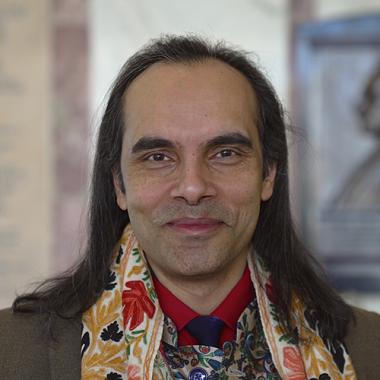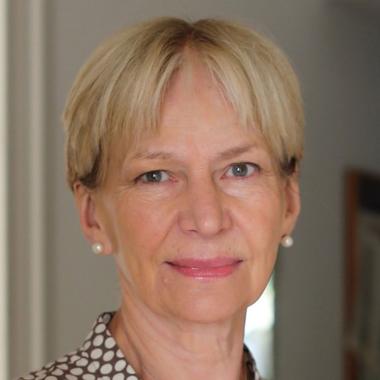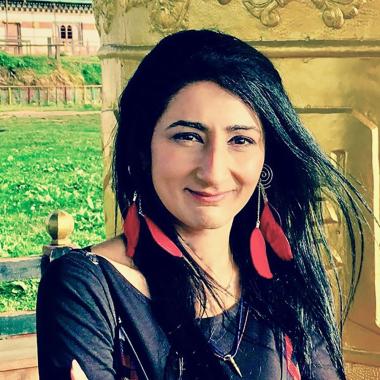

The Centre for the Study of Democracy (CSD) at the University of Westminster undertakes research across a range of critical social and political challenges, promoting an interdisciplinary environment. The CSD has a research theme on “postcolonial politics, nationalism, small states, Asian geopolitics” and there is an explicit focus on engagement with local and global communities and impacting upon public debates around subjects of rights, identities, and justice. CSD hosted the Dalai Lama for CR Parekh Lecture in 2012 on “Values of Democracy and Tibet.”
The Fourteenth Dalai Lama (Tenzin Gyatso) is a global icon as well as a Tibetan leader. He received Nobel Peace Prize in 1989 “for advocating peaceful solutions based upon tolerance and mutual respect in order to preserve the historical and cultural heritage of his people.” Thirty-six years on, as the Dalai Lama turns 90, People’s Republic of China is a global geopolitical power and invests heavily in controlling the territory and people of Tibet as well as the narratives about them. Negotiations between the Dalai Lama and Beijing came to a standstill more than a decade ago.
The Dalai Lama’s recent book “Voice for the Voiceless” is his account of witnessing and experiencing pain of losing his homeland, struggling for his people while in exile, and nurturing the hope for a better future. The event brings together experts to reflect on the book and the author and the message it offers for freedom and justice in a world of power-dominated geopolitics.
This event is organised in partnership with Tibet Watch, a UK registered charity that works to promote the human rights of the Tibetan people through monitoring, research and advocacy. It is an indispensable source of reliable information and expert analysis from Tibet, and is relied upon by Tibet and China watchers worldwide and policy makers world-wide.
*The event is preceded by another separate one envisioning collaborative futures for scholarship concerning small Himalayan polities.
About the speakers

Dechen Pemba
Dechen Pemba is the London based editor of the translations website High Peaks Pure Earth. High Peaks Pure Earth provides insightful commentary on Tibet related news and issues and translates writings by Tibetans posted online and on social media from Tibet and the PRC, including the work of poet and writer Tsering Woeser.

Isabel Hilton
Isabel Hilton is a London based writer and broadcaster and founder in 2006 of the China Dialogue Trust (CDT), which published www.chinadialogue.net, the world’s first bilingual Chinese-English website devoted to building a shared approach on climate change and environmental issues, as well as www.thethirdpole.net; www.dialogochino.net, and www.chinadialogueocean.net. She stepped down from CDT in 2013. Isabel has a long career in broadcast and print journalism that has included authoring and co-authoring several books including “The Search for the Panchen Lama.” She is currently a Contributing Editor at Prospect magazine, a Visiting Professor at the Lau Institute, KCL and a senior associate fellow at RUSI.

Wangden Kyab
Wangden Kyab, is a Research Manager at Tibet Watch and has also worked as a journalist at Tibet Times, co-founding the Karkhung translation website, authoring numerous articles, and producing translations. A passionate advocate for Tibetan human rights and freedom, Wangden combines his research expertise on China's human rights violations and current developments inside Tibet with journalistic skills to organize impactful local and international conferences addressing Tibet-related issues.

Professor Dibyesh Anand
Professor Dibyesh Anand is a professor of International Relations at the University of Westminster and the author of monographs Geopolitical Exotica: Tibet in Western Imagination, Tibet: A Victim of Geopolitics, and Hindu Nationalism in India and the Politics of Fear and co-editor of Contemporary Colonialities: Kurds and Kashmiris. He has spoken about, and published extensively on, varied topics including postcolonial geopolitics, Tibet, China-India border dispute, Hindu nationalism, Islamophobia, and colonial practices of postcolonial states.

Professor Nitasha Kaul
Professor Nitasha Kaul is the Chair Professor in Politics, International Relations and Critical Interdisciplinary Studies, and the Director of the Centre for the Study of Democracy (CSD), at the University of Westminster. She is the author of over 150 publications on themes relating to democracy, political economy, Hindutva/Indian politics, misogyny, technology/Artificial Intelligence, identity, global right-wing nationalism, feminist and postcolonial critiques, small states, geopolitics, Bhutan, Kerala, and Kashmir. Her books include Imagining Economics Otherwise (Routledge, 2007), Man-Asian Literary Prize shortlisted Residue (Rupa, 2014), Future Tense (Harper Collins India, 2020), Can You Hear Kashmiri Women Speak? (co-edited; Kali for Women Press, 2020), and Contemporary Colonialities: Kurds and Kashmiris (co-edited; University of Westminster Press, 2025). Her interventions on politics, democracy, gender and human rights have appeared in major international radio, televisual, and print media. For details of her work, see her CV.


